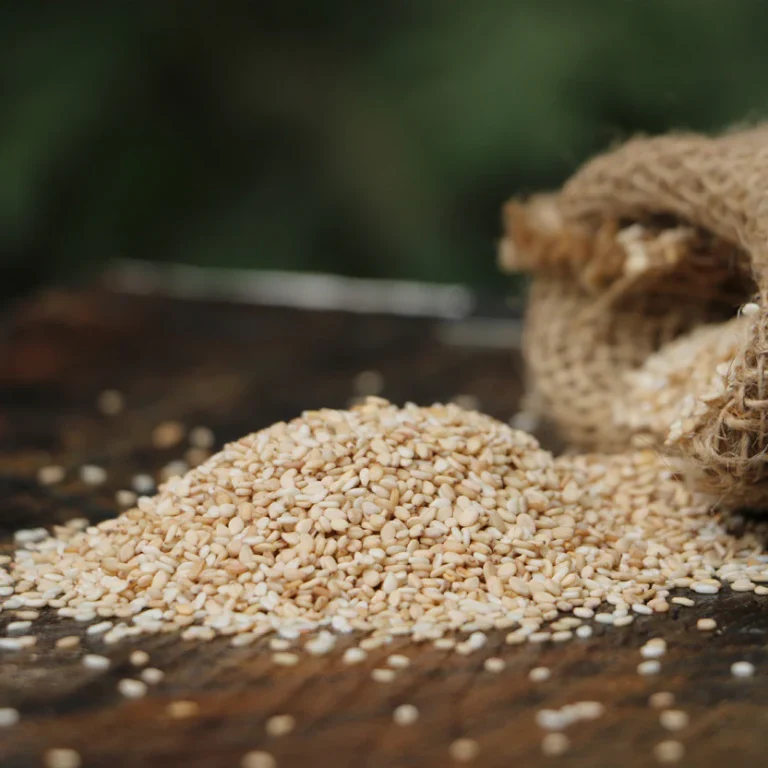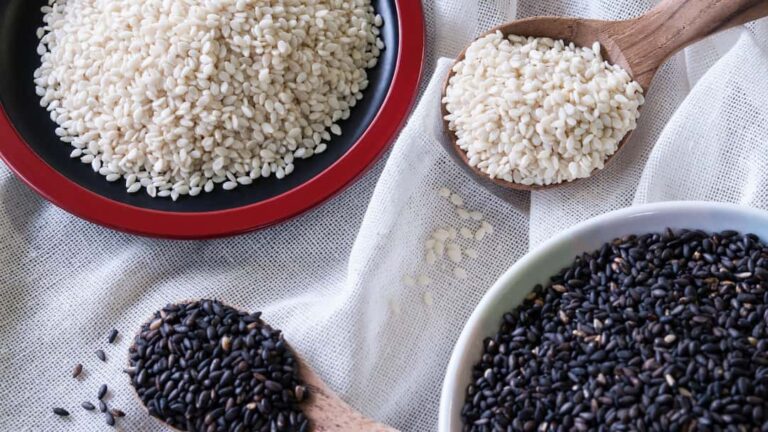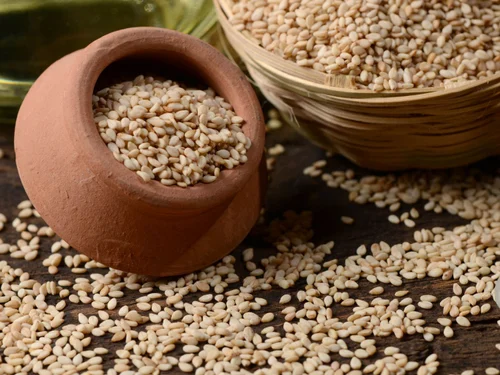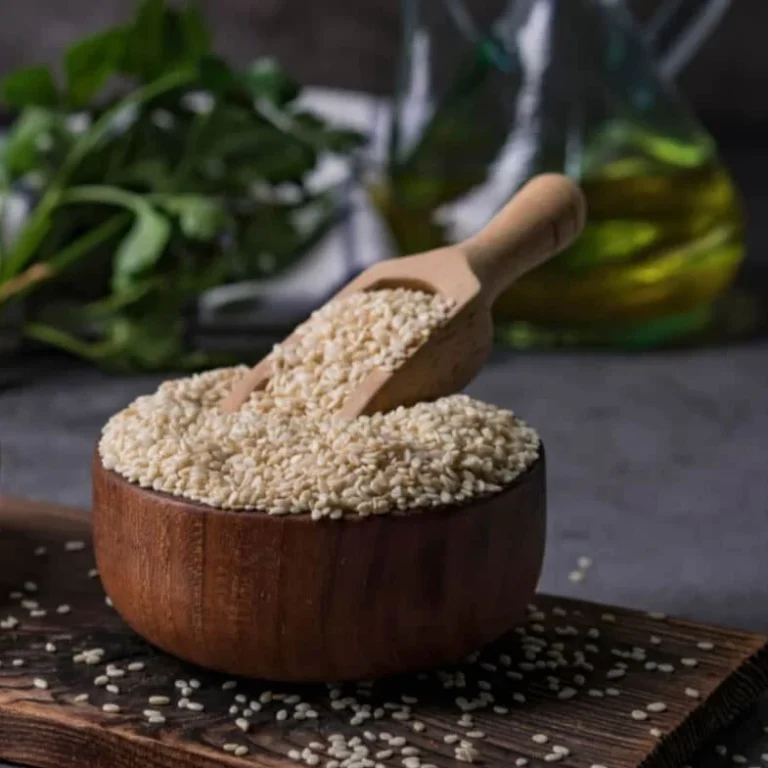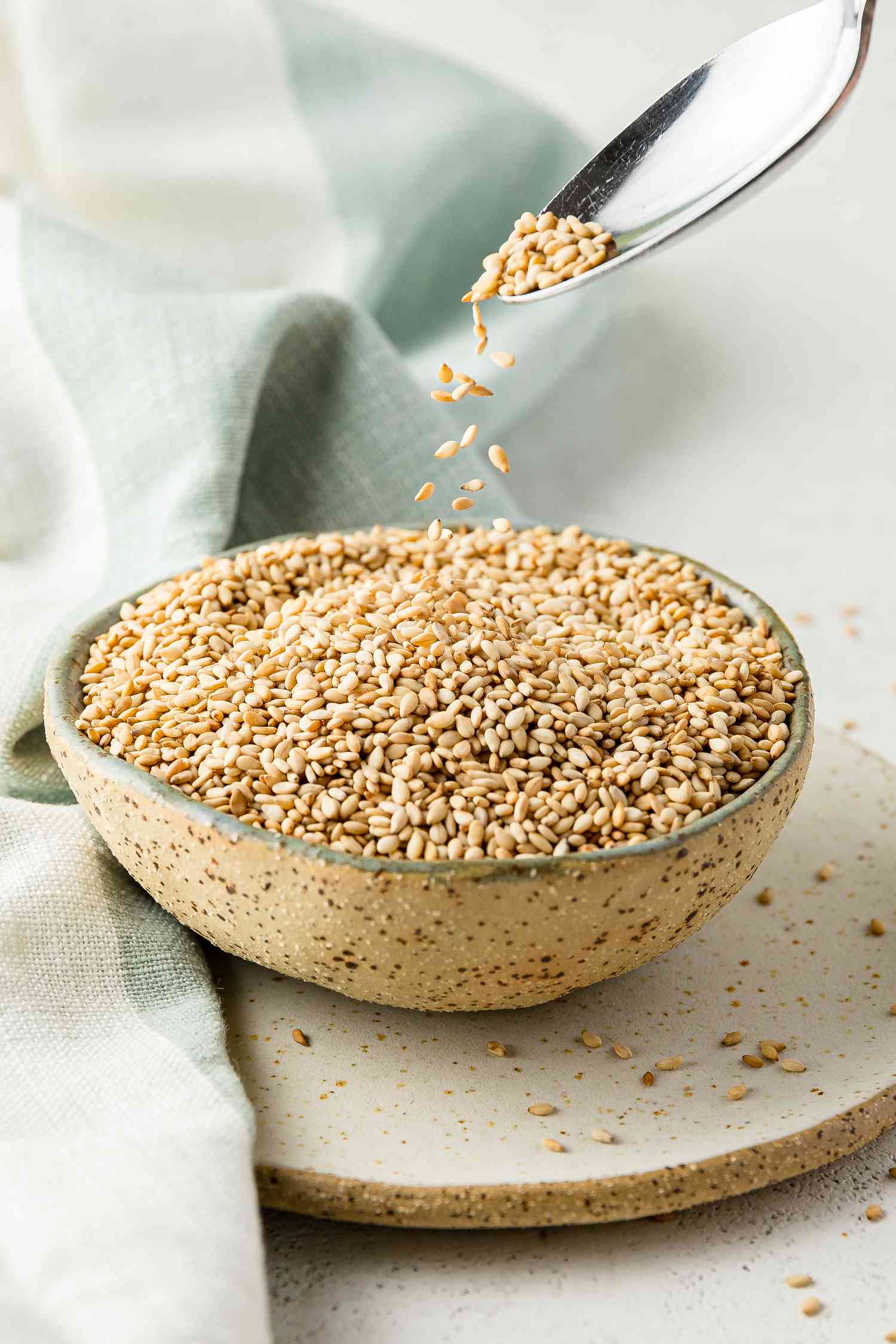
Sesame seeds, small yet powerful, have been cherished for their exceptional nutritional profile and health benefits. Among the myriad benefits they offer, one of the most significant is their impact on bone health. Our bones form the structural foundation of our bodies, and as we age, maintaining strong, healthy bones becomes a priority to prevent conditions like osteoporosis. Essential minerals like calcium, magnesium, and phosphorus are crucial for bone strength, and sesame seeds offer a natural and rich source of these nutrients.
The Importance of Calcium in Bone Health
Calcium is often the first mineral we think of when it comes to bone health. It is vital for the formation and maintenance of strong bones and teeth. While calcium is present in various foods, many individuals fail to meet their daily calcium requirements, especially in regions where dairy consumption is low or for those who follow plant-based diets. For this reason, alternative sources of calcium, such as sesame seeds, become invaluable.
Calcium helps in the regulation of various bodily functions, including muscle contractions, nerve signaling, and blood clotting. However, its primary role is to maintain bone density and structure. Adequate calcium intake is essential during childhood and adolescence for bone development, but it remains just as critical throughout adulthood to prevent bone loss and fractures, particularly as we age. The human body stores about 99% of its calcium in bones and teeth, emphasizing the importance of consistent calcium intake throughout life.
Unfortunately, many people experience a calcium deficiency due to poor dietary habits. This deficiency can lead to weakened bones, making them more susceptible to fractures and conditions like osteoporosis. The risk of calcium deficiency increases with age, hormonal changes, and lifestyle factors, such as physical inactivity. Therefore, it is crucial to find natural, sustainable sources of calcium that can supplement one’s diet and contribute to overall bone health.
The Calcium Content in Sesame Seeds
Sesame seeds are a powerhouse of nutrients, particularly calcium. These tiny seeds contain an impressive amount of calcium, making them an excellent dietary option for individuals seeking to improve their bone health.
A single ounce (28 grams) of sesame seeds can provide up to 280 milligrams of calcium, which accounts for a significant portion of the recommended daily intake for most adults. For comparison, a cup of milk contains about 300 milligrams of calcium. However, for individuals who are lactose intolerant, vegan, or simply looking for alternative sources of calcium, sesame seeds provide a highly nutritious and plant-based option.
Sesame seeds, when consumed regularly, can help fill the calcium gap in one’s diet. This is particularly beneficial for individuals who have limited access to dairy or those who prefer plant-based foods. While sesame seeds may not be as high in calcium as dairy products, their calcium content is still substantial, and incorporating them into your daily meals can make a significant difference.
Other Nutrients in Sesame Seeds That Support Bone Health
In addition to being an excellent source of calcium, sesame seeds provide several other essential nutrients that play a role in promoting strong bones and overall health:
1. Magnesium
Magnesium is another crucial mineral that supports bone health. It helps regulate calcium levels in the body and is necessary for proper bone formation. Magnesium also aids in the conversion of vitamin D into its active form, which helps the body absorb calcium more efficiently. Sesame seeds are a great source of magnesium, with a one-ounce serving providing about 100 milligrams of magnesium, which is approximately 25% of the recommended daily intake for adults.
2. Phosphorus
Phosphorus is another mineral that works hand-in-hand with calcium to build and maintain strong bones. About 85% of the phosphorus in the human body is stored in bones and teeth. Phosphorus plays a key role in the formation of bone structure and is essential for bone mineralization. Sesame seeds provide a healthy amount of phosphorus, further enhancing their bone-strengthening benefits.
3. Zinc
Zinc is an essential trace mineral that contributes to bone health by stimulating the activity of osteoblasts, the cells responsible for bone formation. It also helps with the absorption of calcium and the synthesis of collagen, an important protein in bone structure. Regular consumption of sesame seeds can help provide an adequate amount of zinc to support bone health.
4. Vitamin D and Vitamin K
While sesame seeds themselves are not a significant source of vitamin D, they play a role in helping the body absorb calcium more effectively. Pairing sesame seeds with vitamin D-rich foods or spending time in sunlight can enhance calcium absorption. Vitamin K, which is present in sesame seeds in small amounts, is also vital for bone health. It supports bone mineralization and helps regulate calcium levels in the bones.
5. Omega-3 Fatty Acids
Omega-3 fatty acids are essential fats that help reduce inflammation in the body. Chronic inflammation can contribute to bone loss, so consuming anti-inflammatory foods like sesame seeds can help prevent this. Omega-3s also help improve joint health and reduce the risk of conditions like arthritis.
6. Sesamin
Sesamin is a unique lignan compound found in sesame seeds, and it has been shown to possess antioxidant and anti-inflammatory properties. These properties are beneficial for maintaining healthy bones by reducing oxidative stress, which can contribute to bone degeneration and other health issues.
The Role of Sunflower Seeds in Bone Health
While sesame seeds are the star of this article, it’s worth mentioning that other seeds, like sunflower seeds, also play a role in promoting bone health. Sunflower seeds contain essential nutrients such as magnesium, vitamin E, and healthy fats, which contribute to maintaining strong bones and reducing the risk of osteoporosis. Including a variety of seeds, such as sunflower and sesame, in your diet can provide a broader spectrum of nutrients that support bone strength.
How to Incorporate Sesame Seeds into Your Daily Diet
One of the best things about sesame seeds is their versatility. They can be easily incorporated into a wide variety of dishes, making it simple to add them to your diet. Here are some ideas:
1. Sesame Oil
Sesame oil, made from roasted sesame seeds, is a flavorful addition to many dishes. It is often used in stir-fries, dressings, and sauces due to its rich, nutty taste. Using sesame oil in cooking not only enhances the flavor of your meals but also provides the benefits of sesame seeds.
2. Tahini
Tahini is a paste made from ground sesame seeds and is a common ingredient in Middle Eastern and Mediterranean cuisine. It can be used in dressings, dips, and sauces or spread on toast. Tahini is also an excellent source of calcium and other bone-strengthening nutrients.
3. Sprinkle on Salads and Bowls
For an easy and crunchy addition to your meals, sprinkle sesame seeds on salads, grain bowls, or yogurt. Their subtle nutty flavor pairs well with a variety of vegetables, fruits, and proteins.
4. Smoothies
Add sesame seeds to your smoothies to boost their nutritional content. You can blend sesame seeds with fruits, vegetables, and a liquid of your choice to create a nutritious, bone-healthy beverage.
5. Baked Goods
Sesame seeds can be added to baked goods like bread, muffins, and granola for extra nutrition. They also add a satisfying crunch and flavor to your favorite baked treats.
The Benefits of Sesame Seeds Beyond Bone Health
While sesame seeds are primarily known for their role in promoting stronger bones, they also offer a range of other health benefits:
Weight Management: Sesame seeds are rich in fiber, which helps promote satiety and prevent overeating. They also contain healthy fats that support metabolism and weight management.
Heart Health: Sesame seeds are a good source of heart-healthy fats, including polyunsaturated and monounsaturated fats, which help reduce the risk of cardiovascular diseases.
Skin and Hair Health: The vitamins and minerals in sesame seeds help nourish the skin and promote healthy hair growth. Regular consumption can improve the texture and appearance of your skin and hair.
Digestive Health: Sesame seeds contain fiber, which supports digestive health by promoting regular bowel movements and preventing constipation.
Anti-Inflammatory: The antioxidants and healthy fats in sesame seeds help reduce inflammation in the body, which is beneficial for conditions like arthritis.
Conclusion
Sesame seeds are a powerful food for bone health due to their high calcium content and various other essential nutrients that support bone strength. By incorporating sesame seeds into your diet, you can help maintain bone density, prevent bone-related diseases, and enhance overall health. With their versatility in cooking and high nutritional value, sesame seeds are a small yet mighty food that can have a profound impact on your health. So, whether you sprinkle them on salads, blend them into smoothies, or enjoy them in the form of tahini, sesame seeds are a natural and delicious way to support stronger bones.

